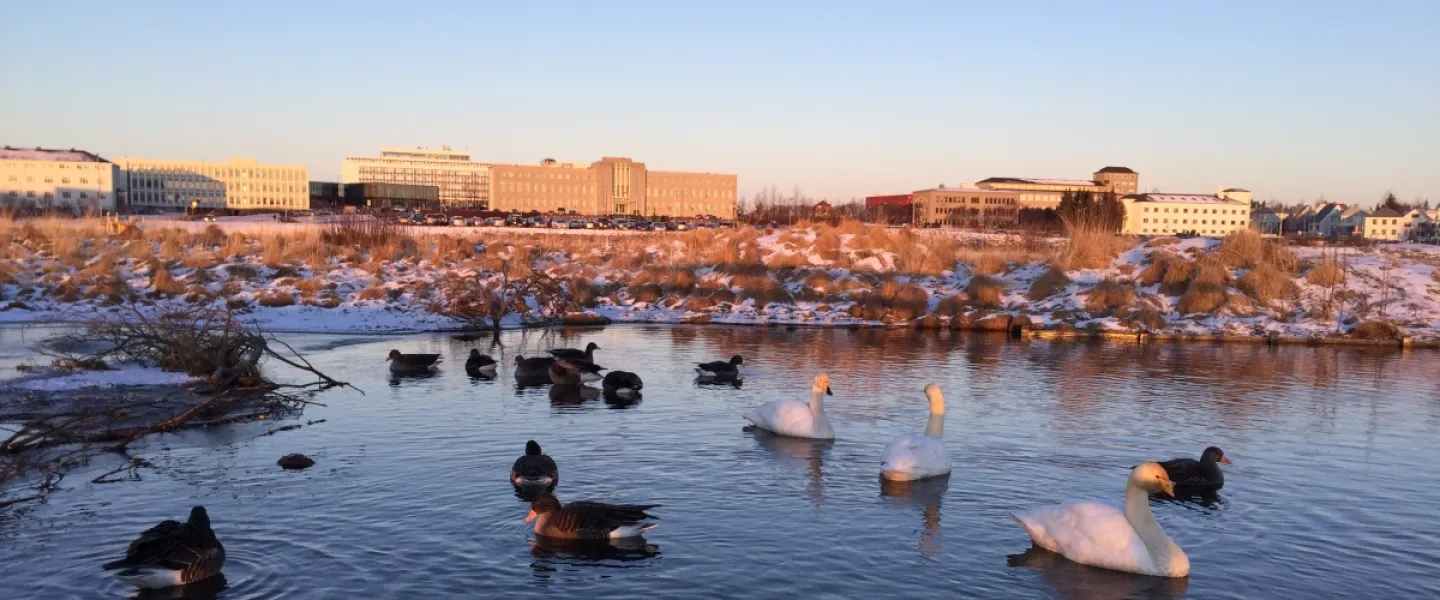
A group appointed by the Rector of the University of Iceland recommends diverse actions to react against sexual harassment and sexual violence within the University of Iceland. The measures involve studying the problem, educating both staff and students on how sexual harassment, bullying, and violence within the University community could be prevented. The group also speculated whether articles on these matters should be added to the University's code of ethics.
Jón Atli Benediktsson, Rector of the University of Iceland appointed a special committee after women in science came forward under the hashtag #MeToo and shared their experiences of harassment and violence within the University community. The committee's mandate was to study what measures need to be taken in order to prevent sexual harassment, sexual violence and silencing within the University.
Equality is one of the University's three core values in its strategy for 2016-2021; HÍ21. Rules of procedure on the response to gender-related and sexual harassment and other sexual violence are already in place at the University of Iceland where it is stipulated that such violence is not tolerated. A professional council at the University of Iceland responds to and investigates complaints pertaining to gender-related violence.
The working group appointed by the rector consisted of Guðbjörg Linda Rafnsdóttir, pro-rector and chair, Hanna Ragnarsdóttir, chair of the Equal Rights Committee, Arnar Gíslason and Sveinn Guðmundsson, equal opportunities officers. The group met with representatives of women in science, students, and the University's Professional Council on responding to gender-related and sexual harassment and other sexual violence. Based on that the group submitted recommendations for an action plan to the rector. The action plan contains 16 steps; each stipulating goals, guarantors and a timeframe.
The recommendations include
- Involvement in the extensive study "Áfallasaga kvenna" (women's traumatic stories), led by professor Unnur Valdimarsdóttir, to estimate the scope and consequences of this problem.
- A survey among students and staff on the scope and characteristics of sexual harassment, bullying and other violence within the University of Iceland.
- Ways to ensure that knowledge of equality issues becomes a part of education and management studies.
- Systematic education for students on the manifestation of sexual harassment, bullying and other violence and the University resources.
- Organised education for all University staff on the subject, including subcontractors, on campus.
- Signs in several languages with clear imagery in bathrooms and elsewhere with information on and reaction to sexual harassment, bullying and other violence.
- The possibility of adding a stipulation in the University's code of ethics forbidding teachers' sexual interaction with students, and any involvement in sex trade when travelling as representatives of the University of Iceland.
- A button on the University website where it is possible to report sexual harassment and sexual offences, potentially anonymously.
- An increased follow-up to ensure that serious matters connected with student and staff interaction receive the correct procedure.
- #MeToo accounts from the University community be kept alive by true action or event at the University Equality Days.